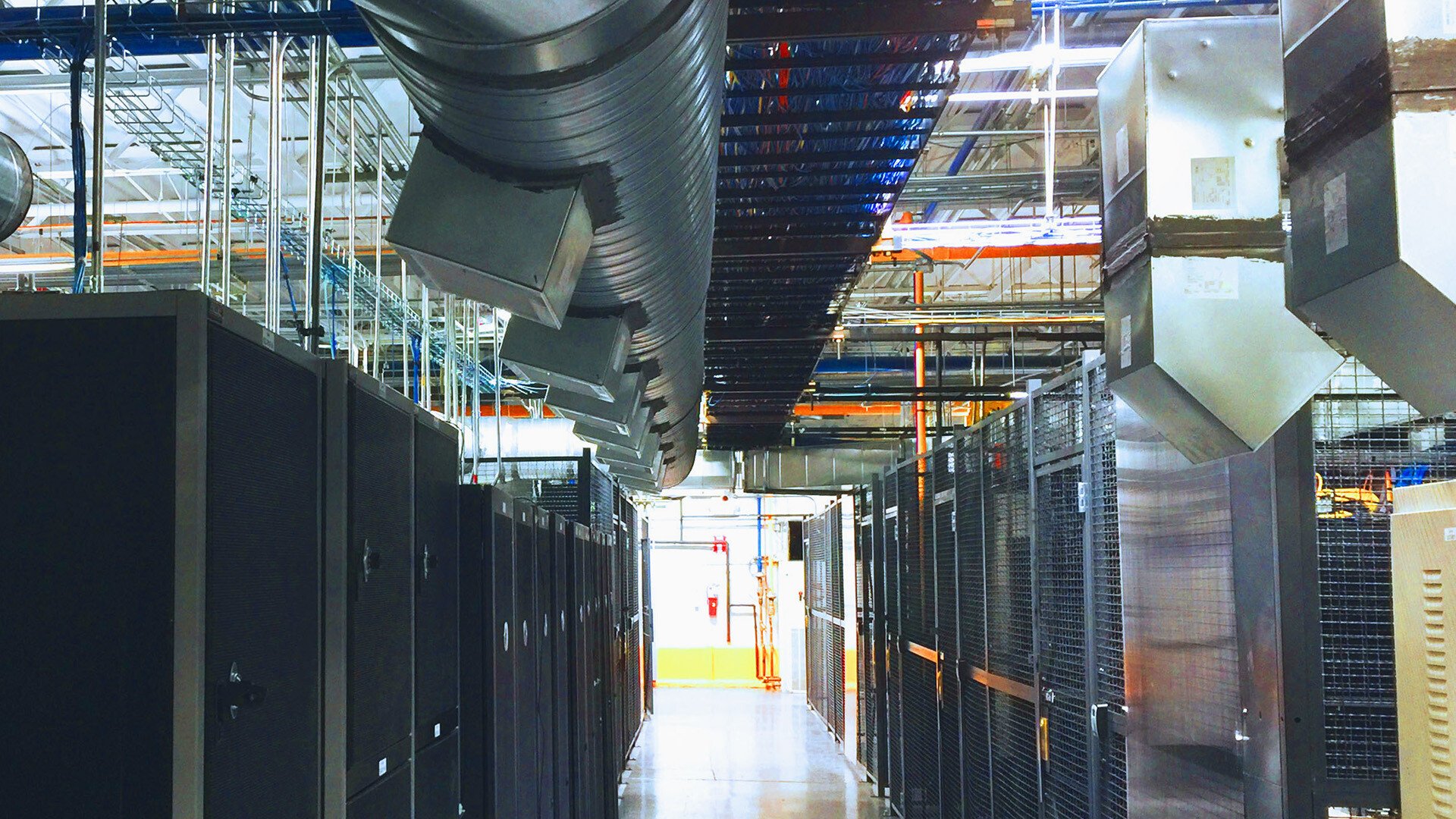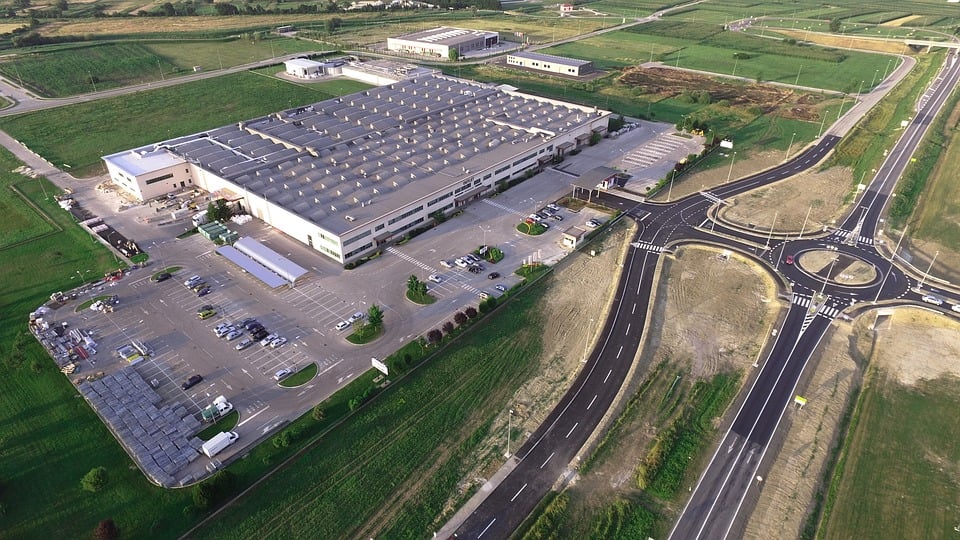Sustainability | June 5, 2024
Colorado’s Progress in Sustainable Building Performance: A Look at Key Legislation
This is the first in a series of building performance standard snapshots for jurisdictions across the U.S. Stay tuned for more updates.
Colorado is making significant strides in sustainable building performance, with two key pieces of legislation leading the way: the Colorado Energy Performance for Buildings Statute and Energize Denver.
Colorado Energy Performance for Buildings Statute
The Colorado Energy Performance for Buildings Statute applies to buildings 50,000 square feet and larger. The first targets must be met in the 2026 data year and reported in 2027, then maintained through 2029.
Building owners have four options for complying with the 2026 target:
- Energy efficiency: meet an Energy Use Intensity (EUI) target based on building type.
- Energy efficiency standard percent reduction: meet a flat reduction of 13% by 2026 and 29% by 2029 (2021 baseline).
- Greenhouse Gas (GHG) reduction: meet a GHG intensity target based on the building type.
- GHG standard percent reduction: meet a flat reduction of 13% by 2026 and 29% by 2029 (2021 baseline).
Penalties for non-compliance are steep. The first violation incurs a $2,000 fine and each subsequent month of non-compliance results in a $5,000 fine.
Energize Denver
Energize Denver, on the other hand, applies to buildings 25,000 square feet and larger. Interim targets must be met in the 2025 and 2027 data years and reported in 2026 and 2028, respectively. Final targets must be met in 2030 and maintained indefinitely.
The city offers a newsletter signup for the public to stay informed.
Compliance requires building owners to meet an EUI target based on the building type. Alternative pathways include:
- Manufacturing, industrial, and agricultural buildings can comply via an alternative compliance path.
- Some buildings will meet a 30% reduction instead of an EUI target.
- Some buildings will comply via an electrification credit pathway.
Penalties for non-compliance are assessed at $0.30 per kBtu not achieved, and penalties are cumulative at each interim target.
These two pieces of legislation demonstrate Colorado’s commitment to sustainable building practices and reducing greenhouse gas emissions. As we move towards a more sustainable future, it’s clear that Colorado is leading the way in setting ambitious targets and holding building owners accountable for their energy usage.
Mantis Innovation is at the forefront of helping organizations understand and navigate this rapidly evolving regulatory environment and is adept at driving compliance efforts for building owners and operators.
Contact us today to learn how we can help you become and remain compliant, avoid penalties, and create value for stakeholders through the process.
Stay tuned for more updates on building performance standards across the U.S. as we continue to track these important developments.
Related Posts
Discover more content and insights from Mantis Innovation

Carbon Credits Explained: A Primer for Achieving Your ESG Goals
In the race to achieve net-zero emissions, carbon credits have become a crucial tool for companies with hard-to-abate emissions. As of 2024, almost half of the Fortune 500 companies have net zero

Five Trends Driving Data Center Facility Energy Optimization
Today’s digital economy, commercial and industrial digitalization, and the recent explosion in artificial intelligence and machine learning (AI/ML) powered computing are driving massive growth in

Modernizing Manufacturing Facilities: The Drivers and Direction
This blog is just a glimpse into the deep dive we take in our new white paper, Modernizing Manufacturing. Download the white paper here to skip the teaser and get the whole story. The stage is set

Federal and State Policies Driving Commercial Fleet Electrification
As governments and industry transition to a low-carbon economy, regulations have begun rolling out at the federal level and in leading-edge states focused on commercial fleet electrification. Policy